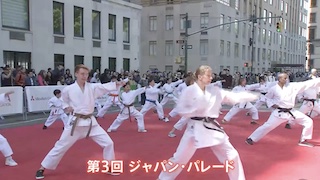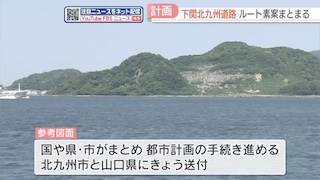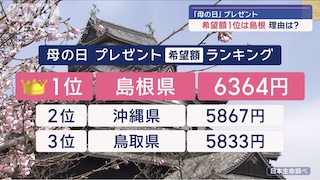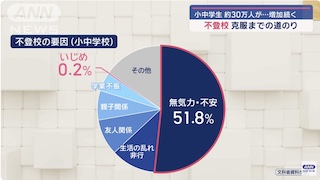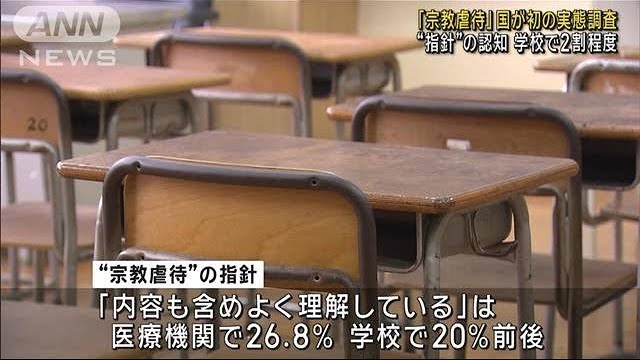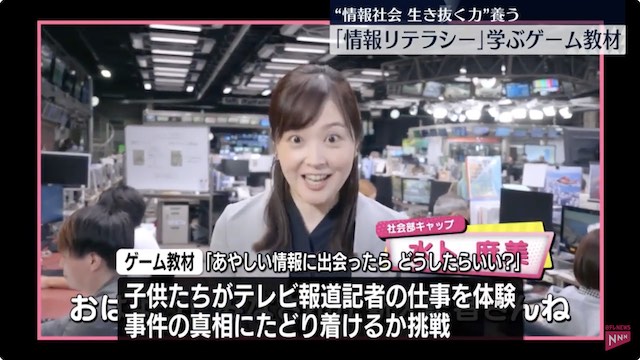KYOTO, Mar 22 (News On Japan) - Starting with the 2026 academic year, Kyoto University announced the introduction of admission slots exclusively available to women in its Faculty of Science and Faculty of Engineering.
According to Kyoto University, these exclusive slots will be part of the "General Selection" process, which assesses applicants' academic abilities and motivation through document screening and interviews in the Faculty of Science, and the "School Recommendation Selection" in the Faculty of Engineering.
For both faculties combined, out of a total of 98 available slots, 39 will be reserved exclusively for women, referred to as "women's slots". Applicants will be evaluated based on their academic activity reports and scores from the Common Test for University Admissions, among other criteria.



